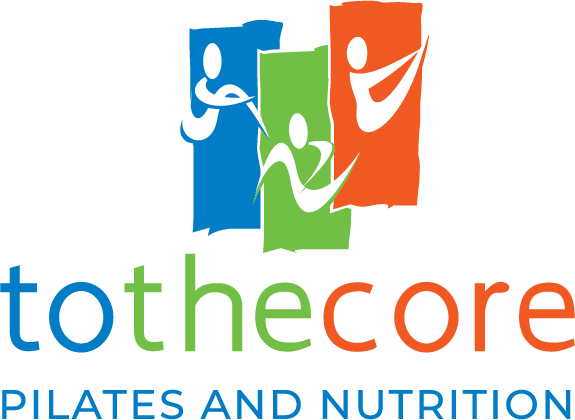As someone with goals and a sense of self-responsibility, you probably know that you want to stay accountable and take ownership of your results.
But you could be making the common mistake of taking that idea too far — and veering into pointless self-judgment that undermines your efforts and your spirits.
Let’s consider a couple of examples of each.
Here’s how you might hold yourself accountable: “I need to learn where I fell short on this project so I can do a better job next time.”
Here’s how you might go overboard with the negative self-talk: “I’m so stupid. I can’t believe I ever thought I could pull this off.”
The difference is clear, right? So, pay attention to your thoughts over the course of a normal day or two. How do you respond to yourself? As a thoughtful, reasonable adult? Or as a scolding, insecure teenager?
Everybody beats themselves up sometimes. It’s only human. But be on the lookout for a berating inner voice that could indicate low self-esteem, unrealistic expectations, perfectionism or just a bad habit.
Here are some tips to drop the self-judgment while remaining accountable.
- Take it easy on yourself. Be kind and supportive, like you would with a friend.
- Challenge your own negativity. Cite facts and evidence to flip a cruel self-appraisal into something more accurate and useful.
- Focus on your achievements and strengths.
- Accept yourself instead of wishing you were somebody else.
- Be realistic. You are not perfect. No one is. This is what? A-OK!
- Pay attention to yourself and what triggers that mean, little voice inside.
- Help someone. This is a powerful way to get out of your own head and forget your “problems.”
Remember, you are responsible for yourself. That means acknowledging mistakes and learning from them. But it does not mean being cruel to yourself, ever.
If you wouldn’t say it to someone else, please don’t say it to yourself!



